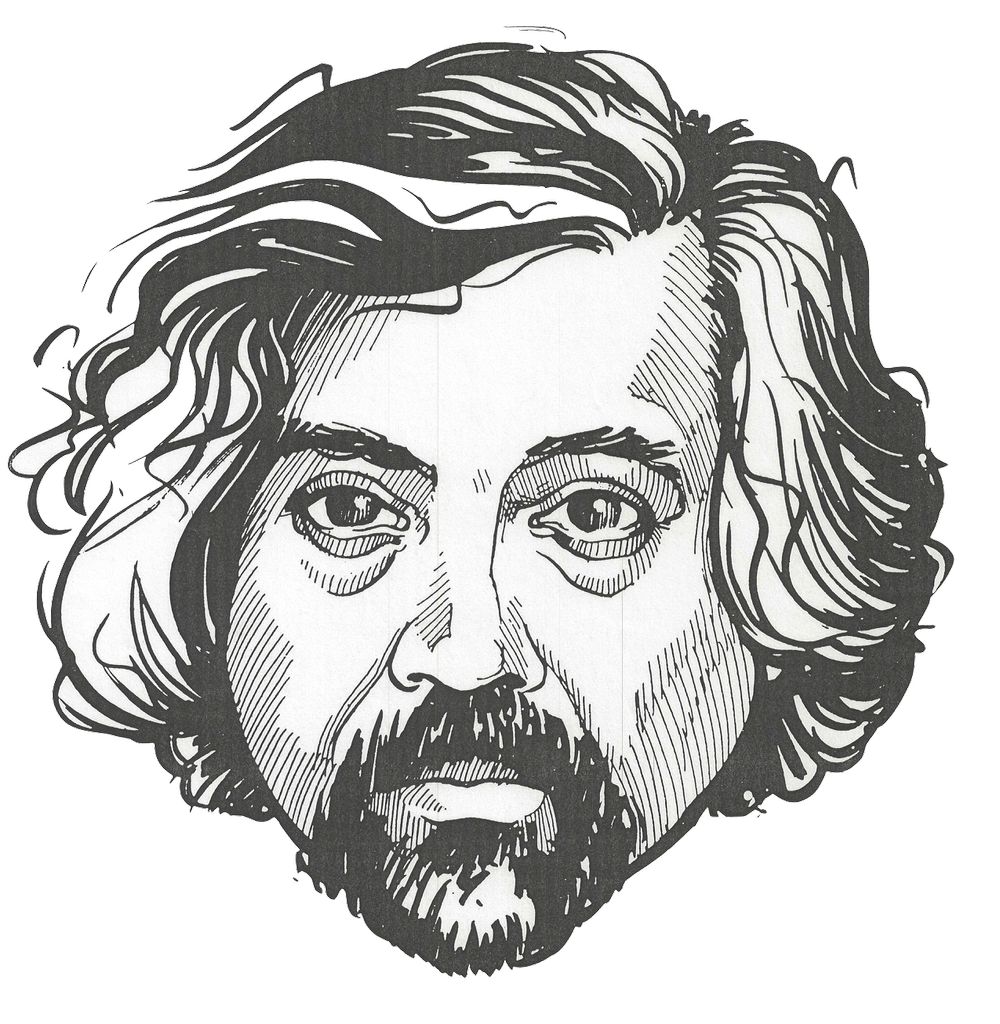At the end of December 1984 Rajiv Gandhi was elected prime minister. His party, the Congress, swept to power on a wave of sympathy. On 5 January 1985 I went to see him.
I had thought a good deal about this meeting. The election had given Rajiv a massive mandate. He was young and charismatic, untainted by any hint of corruption. He was in a position to bring about great generational changes to life in India. I knew he had to be in the process of defining the goals for his administration and ways to achieve them. He was dreaming big. I had a big dream for India as well, one that I wanted to share with him. India could be poised for revolutionary development and growth,I thought, and technology could be a key driver to expedite this process.
We spent an hour together at his house. I described for him what I was thinking of, my plans, and how telecom and IT could change the face of India. I felt we ought to emphasize information and communication technology to expedite developments in vital areas like agriculture, health, education and governance, and to create jobs as well as rev up foreign exchange. I could help and was ready to do whatever was needed.
Rajiv was just about my age, only two years younger. He himself was a techie of sorts. He had studied engineering at Cambridge University. He had been a commercial airline pilot and a radio ham (operator). He liked to tinker with radios and televisions, and had a feeling for tools. He had a grasp on how things could be made to work, which was similar to the way I saw myself.
He was also used to the egalitarian system. He wasn’t impressed by the sycophancy that’s so ingrained in India. This meant that we could talk and exchange thoughts in a straightforward manner. It meant we could relate. He was also the only prime minister who had ever held a ‘regular’ job—unlike a politician—while he was a commercial pilot, so he knew what work life and culture meant, with schedules, commitments, responsibilities and teamwork, something else that made it easy for us to understand each other.
Moreover, as we talked it became clear that his own vision for India included the kinds of things I was talking about and wanted. Technology, we both believed, was the prerequisite for development. Technology, especially telecom, could strengthen India’s democracy; it could level differences and enhance feelings of community among the country’s disparate regions and peoples.
Rajiv Gandhi had grown up amidst the Congress Party’s liberal, non-sectarian ideology, the main force behind the Independence movement. He had gone to school in England and had married Sonia, an Italian woman he met there. Meanwhile, I came from America, with the different orientation I had imbibed in that country. On several fronts we had a basis for understanding each other, and for friendship.
As our discussions deepened, I realized that if I truly wanted to be a part of the kind of changes that were on the agenda, I would have to make up my mind about where I needed to be based. Did I really want to jump in fully and help, or did I want to remain a part-time player juggling between Chicago and India? I hadn’t felt the realization that clearly before, but I did now, seeing it was the same as making the decision. ‘I have decided I’m moving to India with my family,’ I said. ‘Lock, stock and barrel.’
‘Good,’ Rajiv said simply. We didn’t discuss the matter further. There was no job title, no job description, just a shared vision for India. It was understood that I would come and work, not just on C-DOT, but on telecom, information and other technology-related initiatives.
I knew I could go off somewhere instead, build a company and probably make millions and live a very comfortable life. But the opportunity to help build a nation—my India—was unique, challenging and romantic. However, it required a great deal of personal investment and family sacrifices. It was clear from our meeting that this was indeed an extremely rare opportunity, and that if I didn’t grab it, history would never forgive me. The risk was huge, but the potential rewards were huger. I also felt inside that if I did not rise to the occasion, nothing would get done. Connecting India was my calling.
